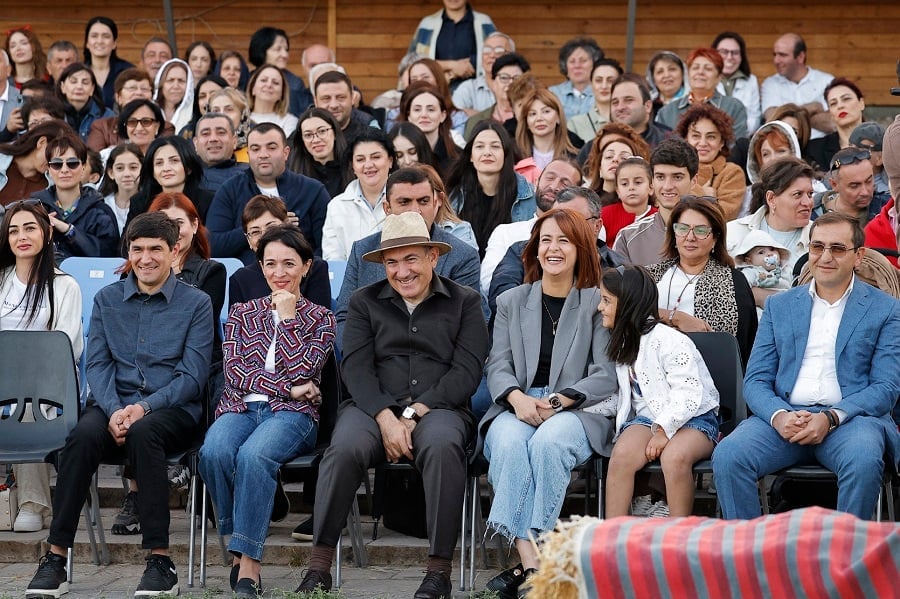As is well known, Stalin was not only the best friend of athletes, polar explorers, postmen, and firefighters, but also a profound expert in linguistics. His 1950 work Marxism and Problems of Linguistics was mandatory reading for all academic circles.
Stalin, as we know, failed — or perhaps simply chose not — to finish the Tiflis Theological Seminary. It seems that being half-educated often drives people to express their “authoritative opinions” in as many fields as possible.
Armenia’s current prime minister is also a specialist in many areas. Pashinyan can give “guiding instructions” to actors and directors about what their performances should be about. He has a fine understanding of the “aesthetic coordinates” of the “real Armenia,” which must exclude any propaganda of war or revenge. (One wonders whether the Azerbaijani authorities have similar “coordinates.”)
In the field of history, too, the current prime minister has made his contribution. He has concluded that in the entire history of Armenia (not, as he insists, of the Armenian), there were hardly any honorable episodes before 2018 — except perhaps for King Pap, who, it turns out, fought against the Church. As for Mesrop Mashtots and Sahak Partev, they, according to this logic, led us astray from the very beginning, because they were not “independent-minded” — they followed what the Greeks told them. Not to mention the 1988 Karabakh Movement and the liberation war, which, in Pashinyan’s view, were nothing but reckless adventures instigated by the Russians.
Read also
Recently, the prime minister has also revealed himself as a major theologian, expert in religion, and, in particular, a skilled authority on the canons of the Armenian Apostolic Church. He knows very well whom and for what reasons one can be defrocked, whom the head of state should recognize as defrocked and whom not, and whether a defrocked cleric may celebrate the liturgy or perform other rites.
The next logical step would be to turn these opinions into official “religious coordinates” and, so to speak, institutionalize them in the new Constitution. For example, it could be written that the charters of religious organizations are approved by the prime minister, who also oversees their implementation.
Incidentally, even in Stalin’s 1936 Constitution, nothing of the sort was written.
Aram ABRAHAMYAN




















































